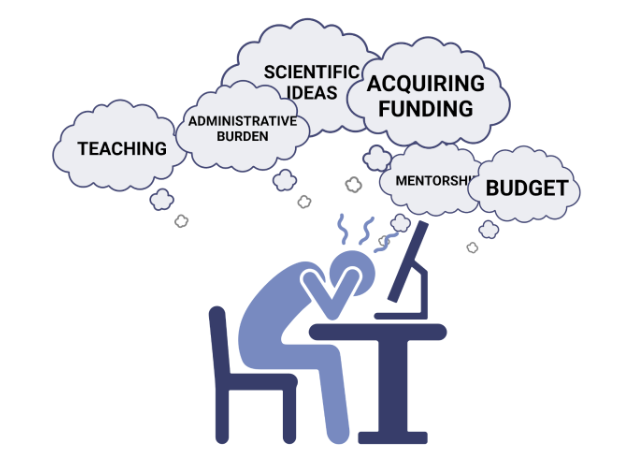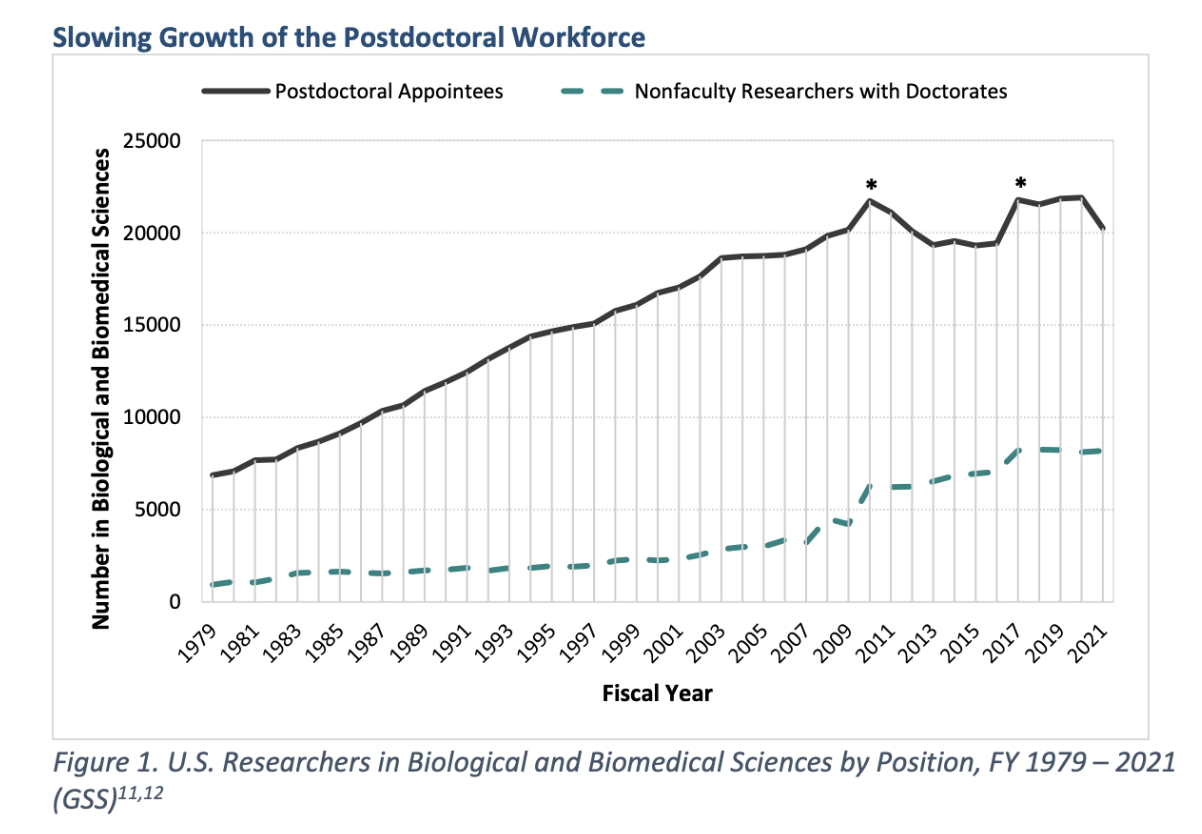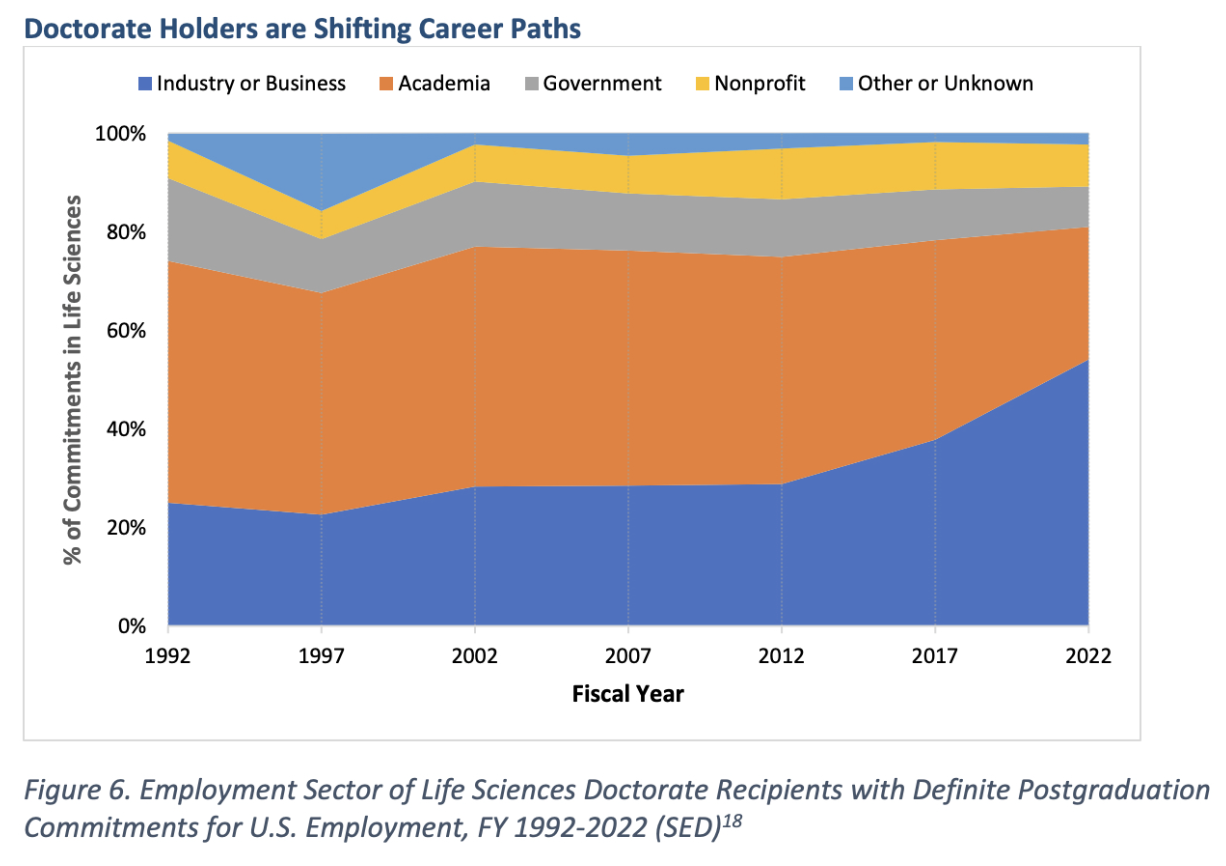Our Mission
Science has created tremendous advances to human health, but research and therapies for improving and maintaining brain health remain a step behind. This is in part because the complexity of the human brain requires tremendous efforts and resources dedicated to its understanding.
The effective treatment of brain disorders such as Alzheimer’s disease, Multiple Sclerosis, Stroke, Depression, and many others continues to challenge society. In parallel, the public lacks guidance and resources about how to prevent or treat these ailments and resources to maintain their brain health overall.
Generation Brain, a recently founded non-profit organization, strives to accelerate brain research and therapies by supporting knowledge mobilization to the community at large to connect neuroscientists and the general public. By fostering the relationship between scientists and the public, we believe that we can have a major impact on advancing human brain health.
We facilitate this goal through 3 main pillars of action:
Awareness — Create awareness amongst the public for overall brain health and wellness, as well as inefficiencies within current scientific research
Connection — Improve the relationship between the public and the scientific research community
Research — Fundraising and resource implementation to facilitate an ecosystem for scientific innovation and collaboration
By connecting scientific researchers and the lay community, we hope to fund innovative, critical research and to help equip the public to better manage their own brain health.
About Us
We are a private non-profit organization dedicated to advancing brain science and brain health literacy through modernization of science funding, community engagement, and advocacy
Vision
Our goal is to deliver a world where brain science is accessible, celebrated, and supported by all.
What is hindering scientific progress?
The average grant proposal can take the head of a laboratory 116 hours to write, without guaranteeing funding.
Knowledge workers, such as scientists, can spend up to 41% of their time on discretionary tasks.
The average head of a research laboratory spends 40% of their time on administrative tasks.





